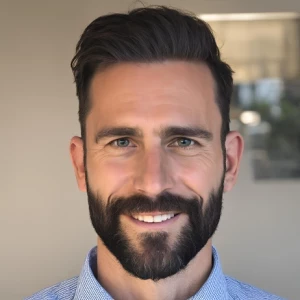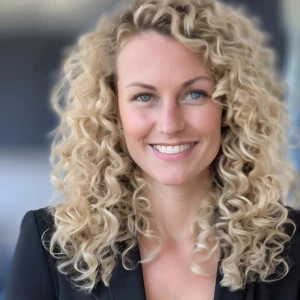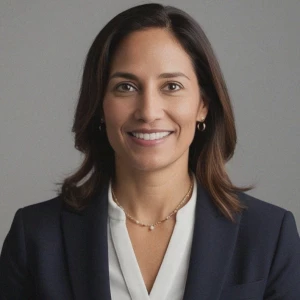I’m currently finishing my master’s in finance at a university in Spain after doing my undergrad in the U.S. I’ve done an internship at a small M&A boutique, but I’m struggling to get interviews at larger firms. I don’t come from a target school and I don’t have a fancy brand on my CV, but I’m committed and willing to hustle. Has anyone here been in a similar position and successfully landed an IB role? Would love to hear your approach.
Break into IB after studying abroad and interning at a small firm


Getting in without a target school or brand name is tough but definitely possible.
My advice:
- Network, network, network. A referral can make a huge difference!
- Refine your story and frame your international background and boutique experience as unique strengths.
- Practice at lot. Make sure your interviews go well to compensate for your lack of brand names
- Consider applying for Tier 2 firms and regional offices where competition might be slightly lower
Be smart about it and you'll get there!

Breaking into investment banking (IB) after studying abroad and interning at a small M&A boutique is challenging but achievable with a strategic approach. Your master’s in finance and boutique experience provide a solid foundation—leverage the technical skills (e.g., financial modeling, valuation) and deal exposure from your internship to craft a compelling resume. To overcome the non-target school and lack of brand-name experience, focus on networking aggressively: reach out to alumni from your U.S. or Spanish programs working in IB, attend industry events, and use LinkedIn to connect with analysts or associates at target firms. Tailor your outreach to highlight your M&A work and passion for finance, aiming for informational interviews that can lead to referrals, which are critical for bypassing initial resume screens at top banks.
To stand out, emphasize your hustle and adaptability in your applications and interviews. Quantify your boutique internship achievements—e.g., “Supported a $10M M&A deal by building a DCF model”—to demonstrate impact. Consider applying to middle-market or boutique banks, which may be more open to non-traditional backgrounds, while also targeting off-cycle IB roles, common in Europe. Supplement your CV with relevant certifications like CFA Level I or online courses in financial modeling. Persistence is key: keep refining your pitch, practicing technical questions, and building relationships to secure interviews, drawing on the grit you’ve already shown by navigating international education and a competitive field.










